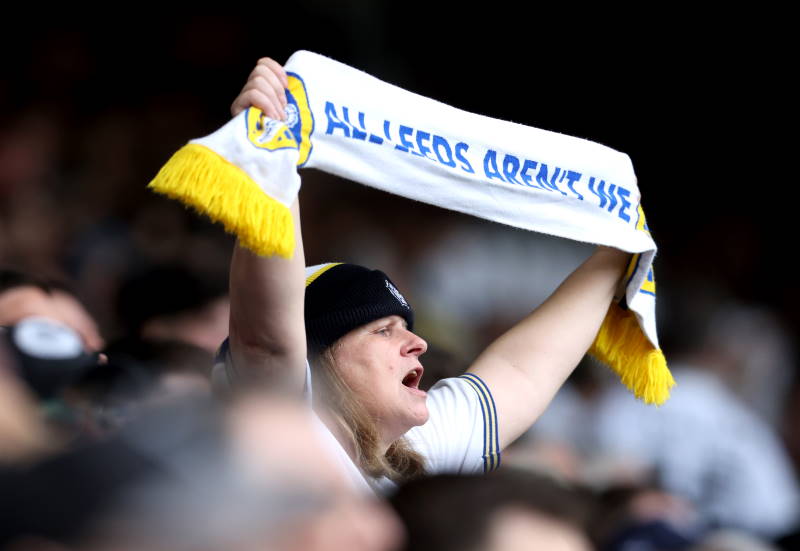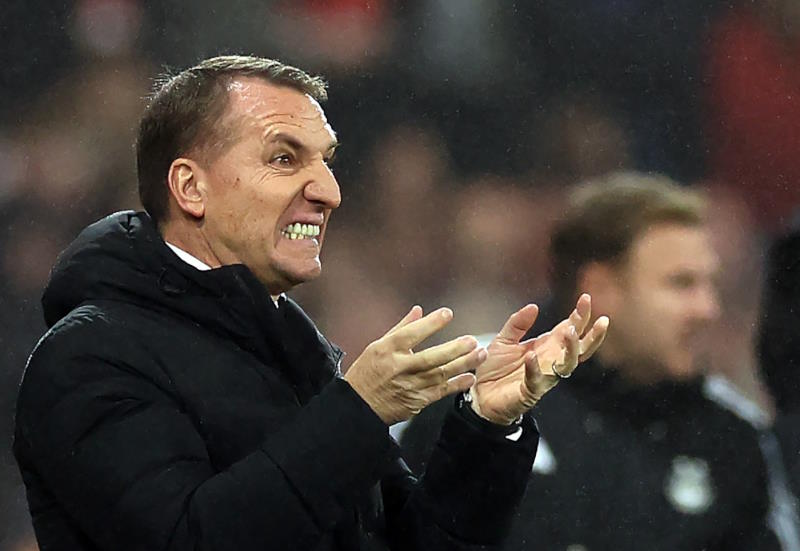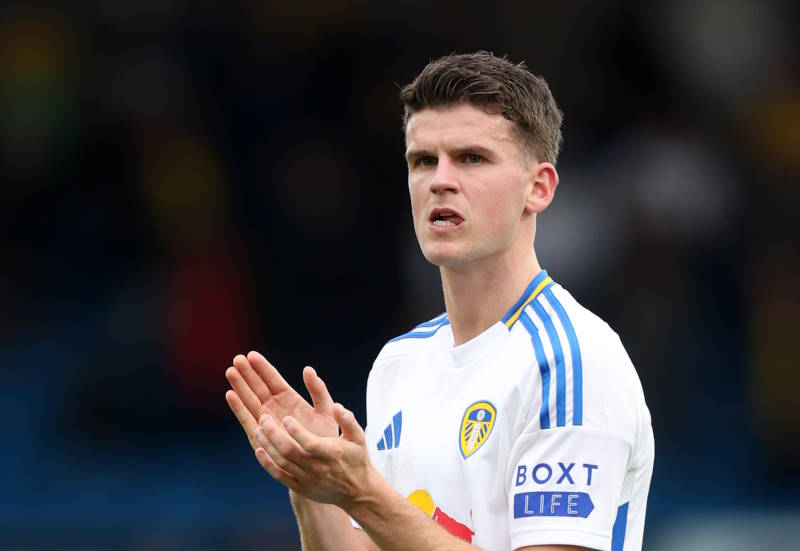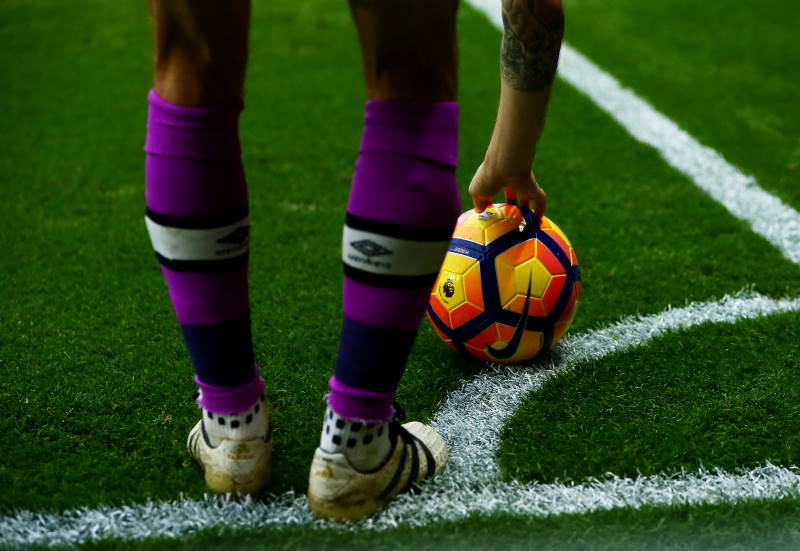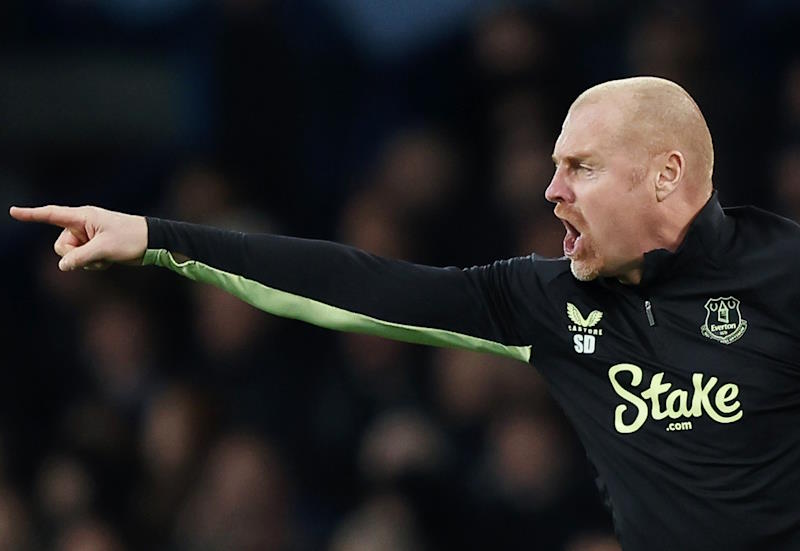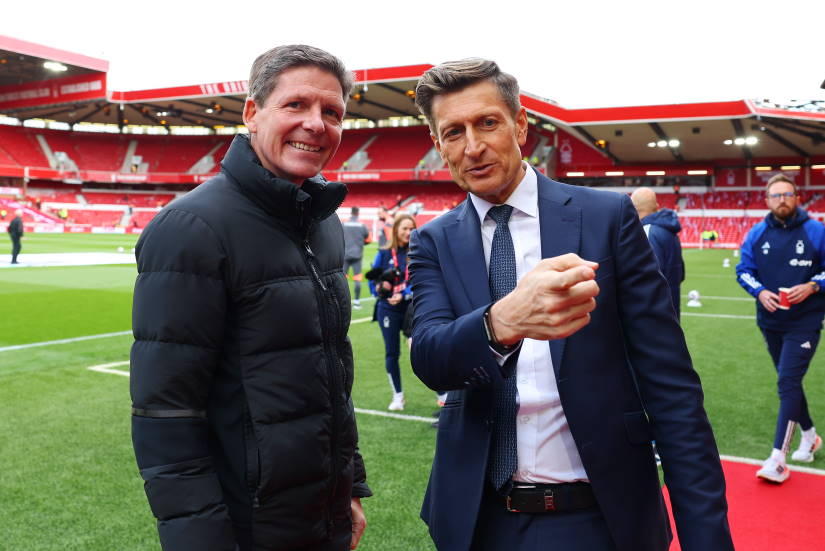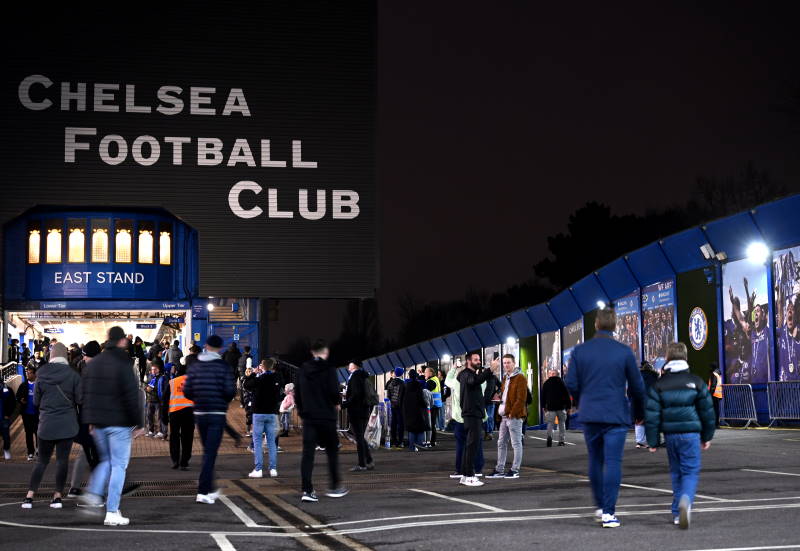
Spartak Moscow have a history of being a leading force in Russian football. In number of trophies won, legendary players who played almost all their careers at the club and, sharing a special relationship, a love even, with faithful fans, they have led the way.
In the Soviet Union, Spartak were one of the two strongest clubs in the country, counting only, realistically, Dynamo Kyiv as serious rivals. Throughout those years Spartak grew in power and prestige, becoming the USSR’s most popular team, even playing a crucial role in keeping morale high during the dark days of World War Two; the side quickly acquired the nickname “The People’s Club”.
However, in the 1970s and 1980s the situation changed as Dynamo Kyiv began to enjoy sustained success. Dnipro Dnipropretovsk, Dynamo Tblisi and Torpedo Moscow also provided stiff competition. Only in 1987 and 1989 did Spartak triumph. The collapse of the Soviet Union brought fresh challenges, mainly financial, but The People’s Club had bred a squad of talented performers and won nine Russian titles, six consecutively. But when coach Oleg Romantsev ended his association of 14 years with the club in 2003, he left a Spartak that had been toppled at the top of the Russian game. And since 2001, the capital club have failed to win a single title.
The club’s owners decided after many years of failure to blood a new young coach steeped in the history of Spartak. Their choice was Valery Karpin, one of the finest Russian players of the 1990s, a midfielder who had played in Spain for Real Sociedad, Valencia and Celta Vigo after leaving Spartak in 1994. Eventually, upon hanging up his boots, Karpin was appointed a director at the club in 2008.
When Karpin became coach in 2009, he instantly understood the side he was taking over was but a shadow of the outfit that dominated the Russian league in the 1990s. A new time demanded new tactical plans, a new attitude to the game and an adaptation to a quick and powerful scene. The young coach was not as ready as he would have liked, but the club saw little alternative.
The former midfielder attempted to build the team along the lines of a foreign side – but never admitted which one. But the modern nature of the game was far from Karpin. Even playing for Celta Vigo, Karpin was, along with another ex-Spartak star Alexander Mostovoi, a creative and tactical genius rather than speedy and energetic in the final third. After just one year in charge Karpin invited Romantsev back to the club to work alongside him as a consultant. It was a tacit admission that the young coach needed help.
The comeback of Romantsev soon saw the Russian press proclaiming a return to the glory days of the 90s for Spartak. And initial results were encouraging as the team improved its level of performances. Despite this though the managerial duo never looked like transforming the club, merely acting motivators to squeeze every last drop out of the current crop. And it was soon clear this could not represent the new era hoped for, with Romantsev too looking out of ideas. Spartak did clock up a top three finish and qualified for the Champions League – undoubtedly progress compared to the situation Karpin had inherited, but never looked like reclaiming former glories. And a return to the Champions League this season proved more than ever that repeating the formula of the 90s just would not do, with the team finishing second bottom of their group.
Tactics were changed and the squad reinforced, but Karpin and Romantsev’s efforts came to naught. A series of good displays in the Europa League temporarily raised spirits, but it was clear the 42-year-old coach could not continue indefinitely. And on 19th April Karpin resigned, although he pledged to remain in a caretaker capacity.
Spartak have now commenced the search for a new coach and the jury is out on the right route to take. Some sections of the Russian media have urged the club to opt for a foreign boss. However, Karpin and Spartak’s owners have so far rejected this solution, arguing a Russian must coach The People’s Club. The former Russian international has gone on record as stating that the club can field as many foreign stars as is needed, but the boss must be from Russia. Whether this position will soften is up in the air.
For Spartak the battle to regain their place at the top of the Russian tree continues. One of the great mysteries surrounding the side is the lack of quality youngsters. The club have always possessed one of the finest academies in the country, but a breakthrough of talents has not materialised.
Whoever takes over at the capital city side faces a tough challenge. Firstly the club’s reputation in Russia must be restored, with silverware once again returning to Spartak. And then, the Russian giants need to make an impact in Europe, where they have had to witness both CSKA Moscow and Zenit St. Petersburg enjoy success. Reviving Spartak Moscow might not be mission impossible, but it is not far off.


